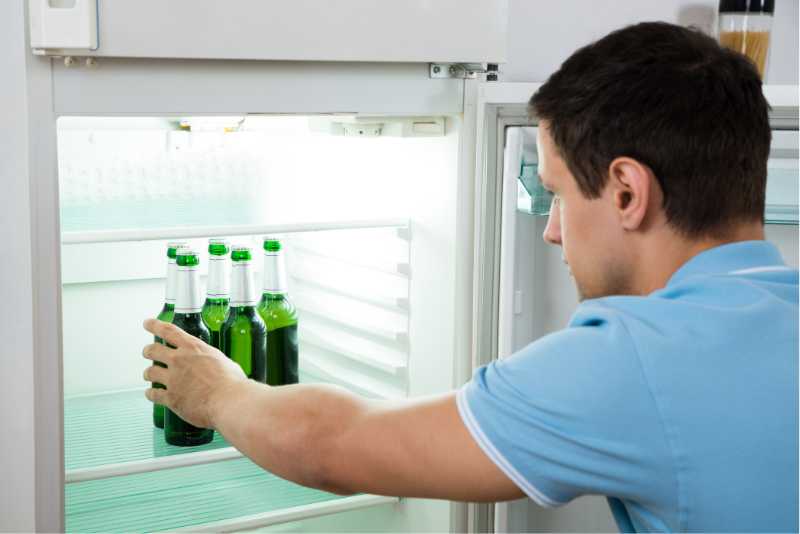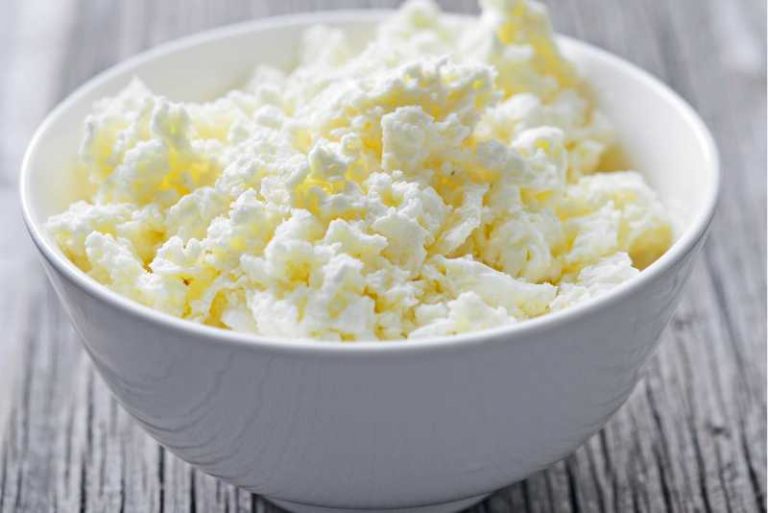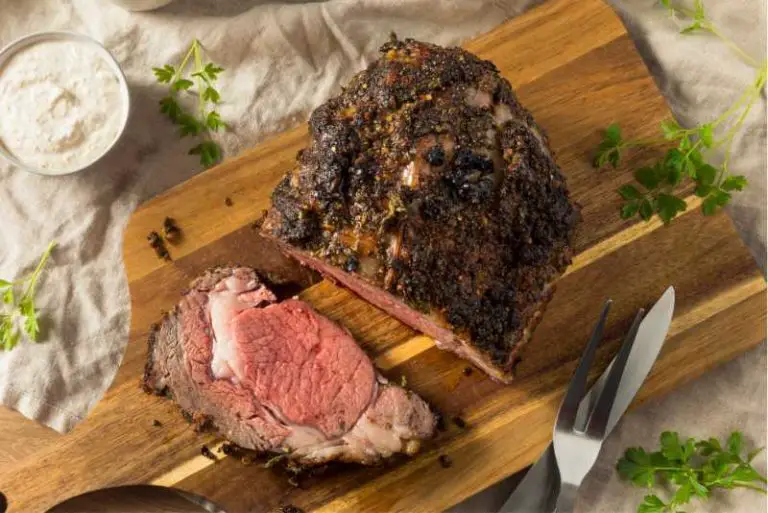How Long Can You Put A Glass Bottle In The Freezer?
Freezing beverages in glass bottles can be an effective way to chill them quickly or keep them cold for an extended period. However, there are some key factors to consider when placing a glass bottle in the freezer so you can avoid potential hazards and ensure the beverage stays in optimal condition.
So, in this blog post, we’ll explore how long you can safely put a glass bottle in the freezer, as well as some precautions to take to prevent damage or breakage.
The Ideal Timeframe For Freezing Glass Bottles
The duration for which a glass bottle can remain in the freezer depends on the type of beverage it contains and the size of the bottle. Generally, it is safe to freeze a glass bottle for about 1-2 hours without risking damage.
This timeframe allows the liquid inside to cool down quickly without causing the glass to shatter due to expansion. However, it’s essential to keep in mind that freezing times may vary depending on the freezer temperature, the initial temperature of the beverage, and the bottle’s thickness.
To be on the safe side, it’s best to check the bottle periodically to ensure it doesn’t remain in the freezer longer than necessary.
What Happens When A Glass Bottle Freezes?
When a glass bottle freezes, the liquid inside the bottle undergoes a phase change from liquid to solid. As the liquid freezes, it expands, causing the following effects:
- Pressure build-up: The expansion of the liquid can create pressure inside the glass bottle. This pressure can be even more significant if the bottle contains carbonated beverages, as the gas released during freezing adds to the pressure.
- Potential breakage or cracks: The increased pressure from the expanding liquid can cause the glass bottle to crack or shatter. This is particularly true if there is not enough headspace in the bottle to accommodate the expansion.
- Structural stress on the glass: Glass is sensitive to sudden temperature changes, and placing a glass bottle in the freezer subjects it to extreme cold. This can create structural stress, making the glass more susceptible to breakage or cracks, especially if it’s not made from a thermal-resistant material like borosilicate glass.
So, as you can see, when you freeze a glass bottle, the expansion of the liquid inside can lead to increased pressure, potential breakage, and even structural stress on the glass.
Factors To Consider When Freezing Glass Bottles
1. Expansion Of Liquid
When liquids freeze, they expand. This expansion can cause pressure to build up inside the bottle, potentially leading to breakage or even an explosion. To avoid this, it’s crucial to leave some headspace in the bottle, allowing the liquid to expand without causing damage.
Additionally, it’s wise to avoid freezing carbonated beverages in glass bottles, as the gas released during freezing can further increase the pressure inside the bottle.
2. Type Of Glass
Not all glass is created equal. Some types of glass, such as borosilicate glass, can withstand extreme temperature changes better than others. If you plan to freeze beverages in glass bottles regularly, consider investing in bottles made from high-quality, thermal-resistant glass to minimize the risk of breakage.
3. Gradual Temperature Changes
Subjecting glass to sudden temperature changes can cause it to crack or shatter. When removing a glass bottle from the freezer, avoid placing it in direct sunlight or exposing it to hot temperatures immediately. Instead, allow the bottle to thaw gradually at room temperature or in the refrigerator.

Can You Put A Glass Bottle In The Freezer Overnight?
No! it’s not a good idea to put glass in the freezer overnight, mainly because the extended freezing time increases the risk of your glass bottle breaking. Also, glass is sensitive to any sudden temperature changes, and exposing it to extreme cold for an extended period can weaken its structure and make it more susceptible to cracks or breaks.
To minimize the risks associated with freezing glass containers, it’s best to avoid placing them in the freezer for long periods. Instead, consider using alternative methods to chill your beverages, such as using ice packs, chilling in the refrigerator, or utilizing plastic containers specifically designed for freezer use.
Can You Put A Glass Bottle Of Alcohol In The Freezer?
You can put a glass bottle of alcohol in the freezer, but there are some factors to consider before doing so. Most high-proof spirits, such as vodka, whiskey, and rum, have a much lower freezing point than water, which means they can be stored in the freezer without freezing solid.
However, lower-proof alcoholic beverages, like wine or beer, may freeze and expand, potentially causing the glass bottle to crack or break. To help you avoid this here a break down of the types of alcohol and its freezing point.
| Alcohol Proof | ABV | Freezing Point |
|---|---|---|
| 40% Alcohol | 20% | 22 F (-7 C) |
| 64% Alcohol | 32% | -10 F (-23 C) |
| 80% Alcohol | 40% | -17 F (-27 C) |
Tips For Freezing Glass Bottles Safely
- Always leave some headspace in the bottle to accommodate the expansion of the liquid.
- Avoid freezing carbonated beverages in glass bottles.
- Use high-quality, thermal-resistant glass bottles if possible.
- Do not store glass bottles in the freezer for extended periods; 1-2 hours is usually sufficient for chilling purposes.
- Allow frozen glass bottles to thaw gradually to prevent sudden temperature changes that could cause breakage.
Cooling And Thawing Your Glass Bottle
It’s crucial to manage the temperature differences when cooling and thawing a glass bottle to prevent thermal stress, which can lead to cracks or breakage. A temperature difference of 100°C or more can be particularly risky for most types of glass.
Typically, when removing a glass bottle from the freezer, allow it to thaw slowly at room temperature or in the refrigerator. Avoid exposing the bottle to direct heat or sunlight, as this can cause sudden temperature changes and increase the risk of breakage.
It’s also a good idea to keep an eye on the glass bottle while it’s in the freezer and remove it once the desired temperature has been reached. This helps minimize the risk of the liquid inside freezing and expanding, which can cause the glass to break.
Conclusion
Freezing glass bottles can be a convenient way to chill beverages quickly or keep them cold for longer periods. By following the guidelines and precautions outlined above, you can safely place a glass bottle in the freezer without the worry if the glass breaking.
However, always remember to monitor the bottle during the freezing process and remove it promptly once the desired temperature has been reached.





